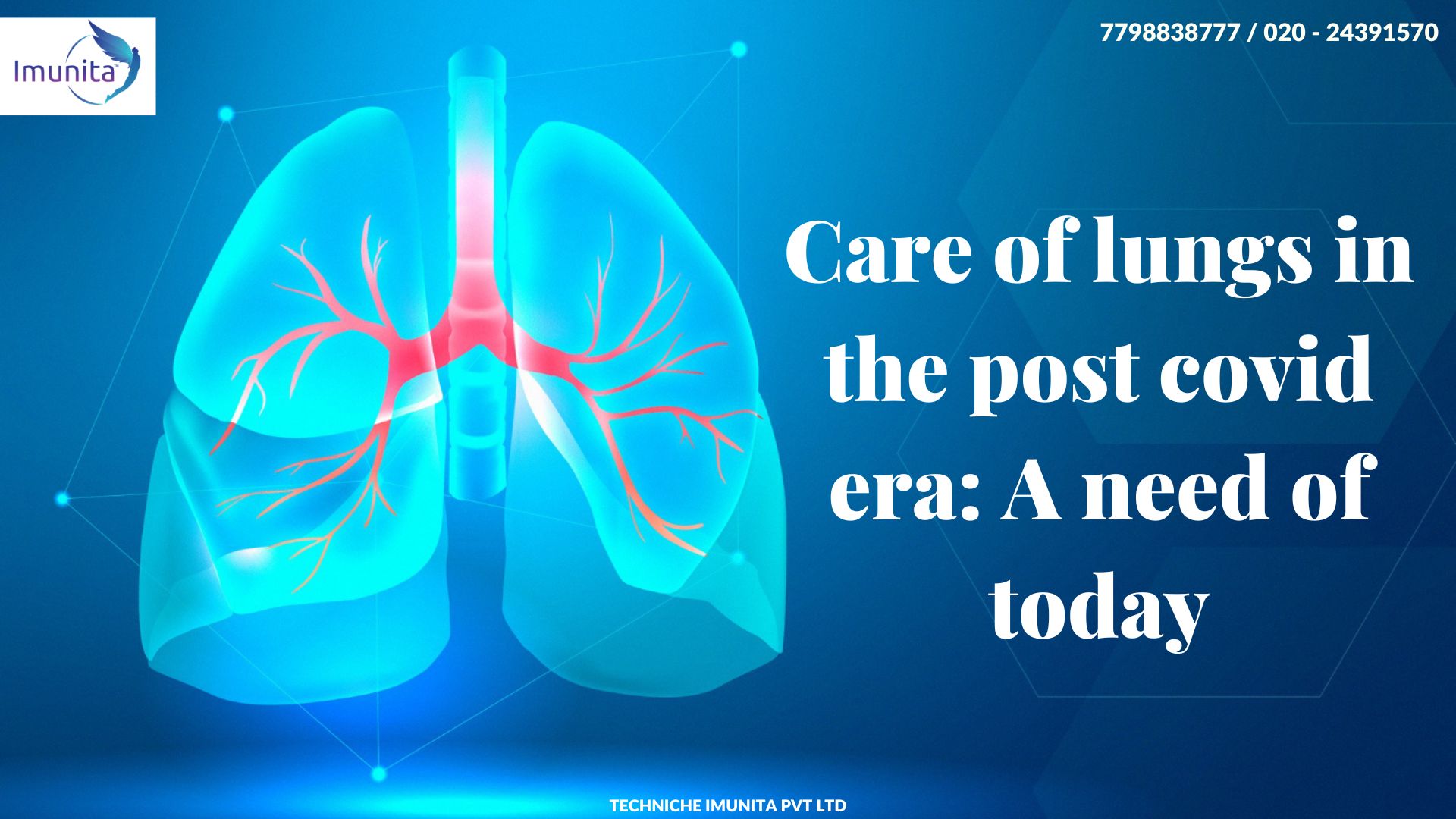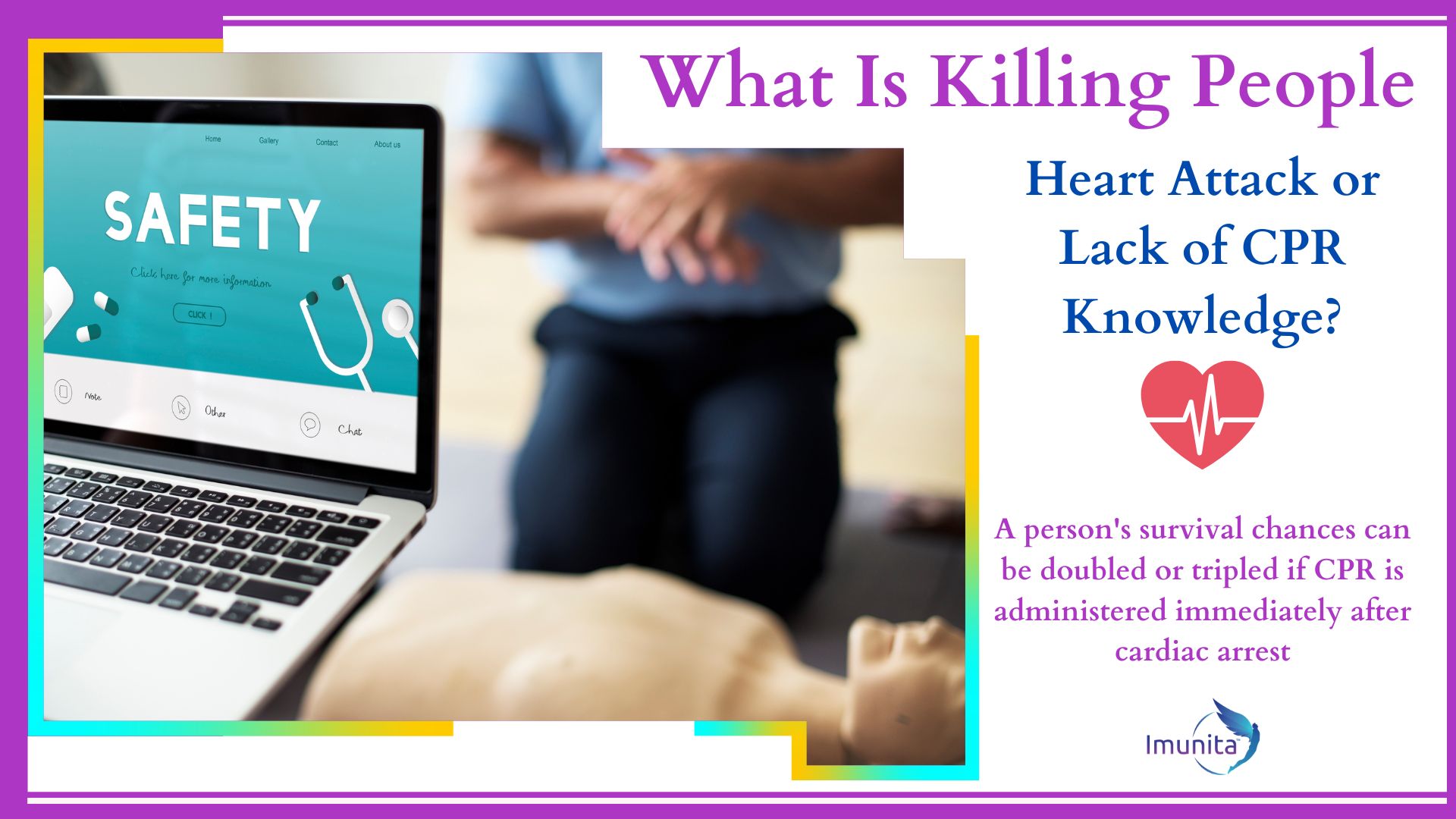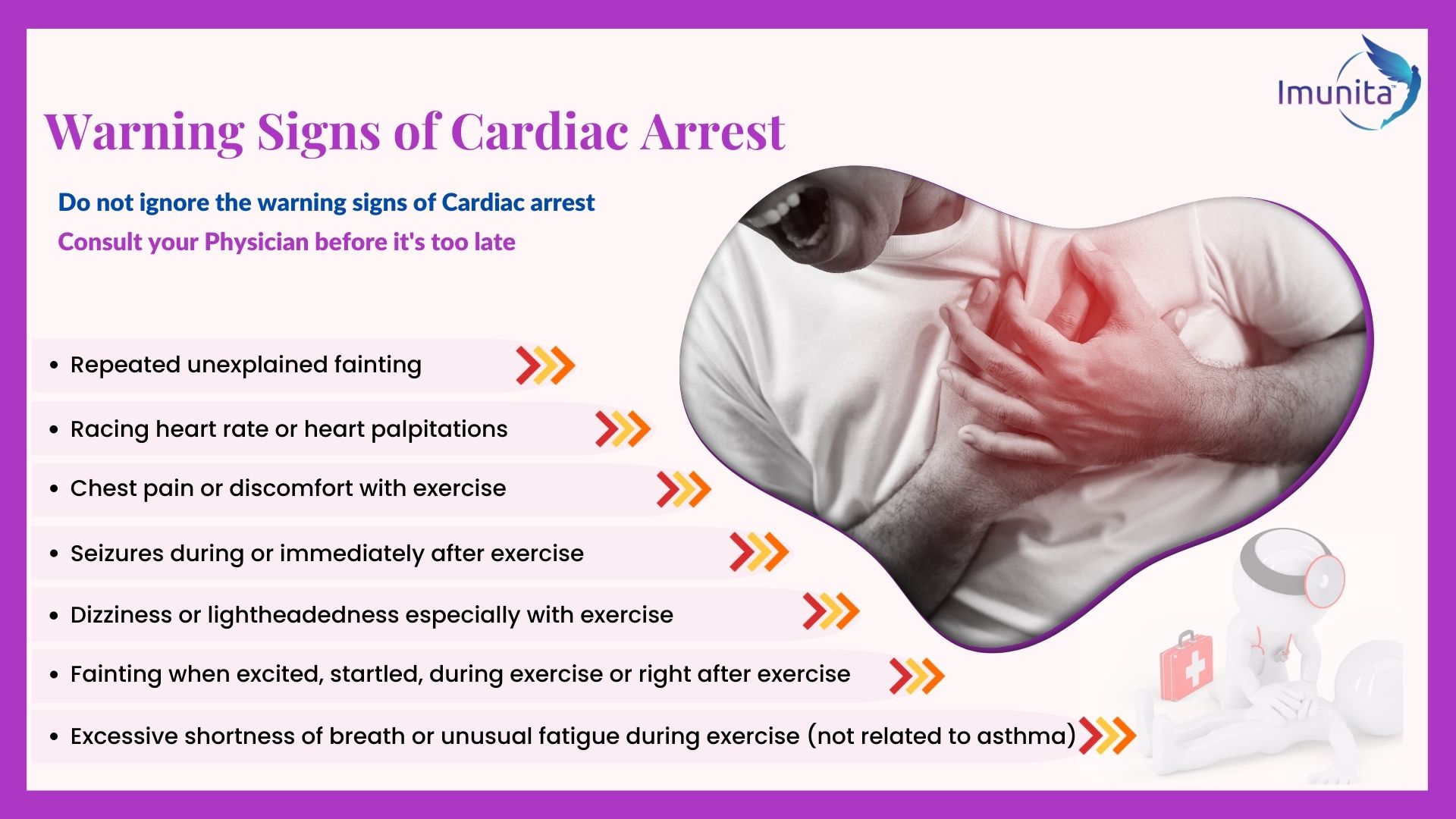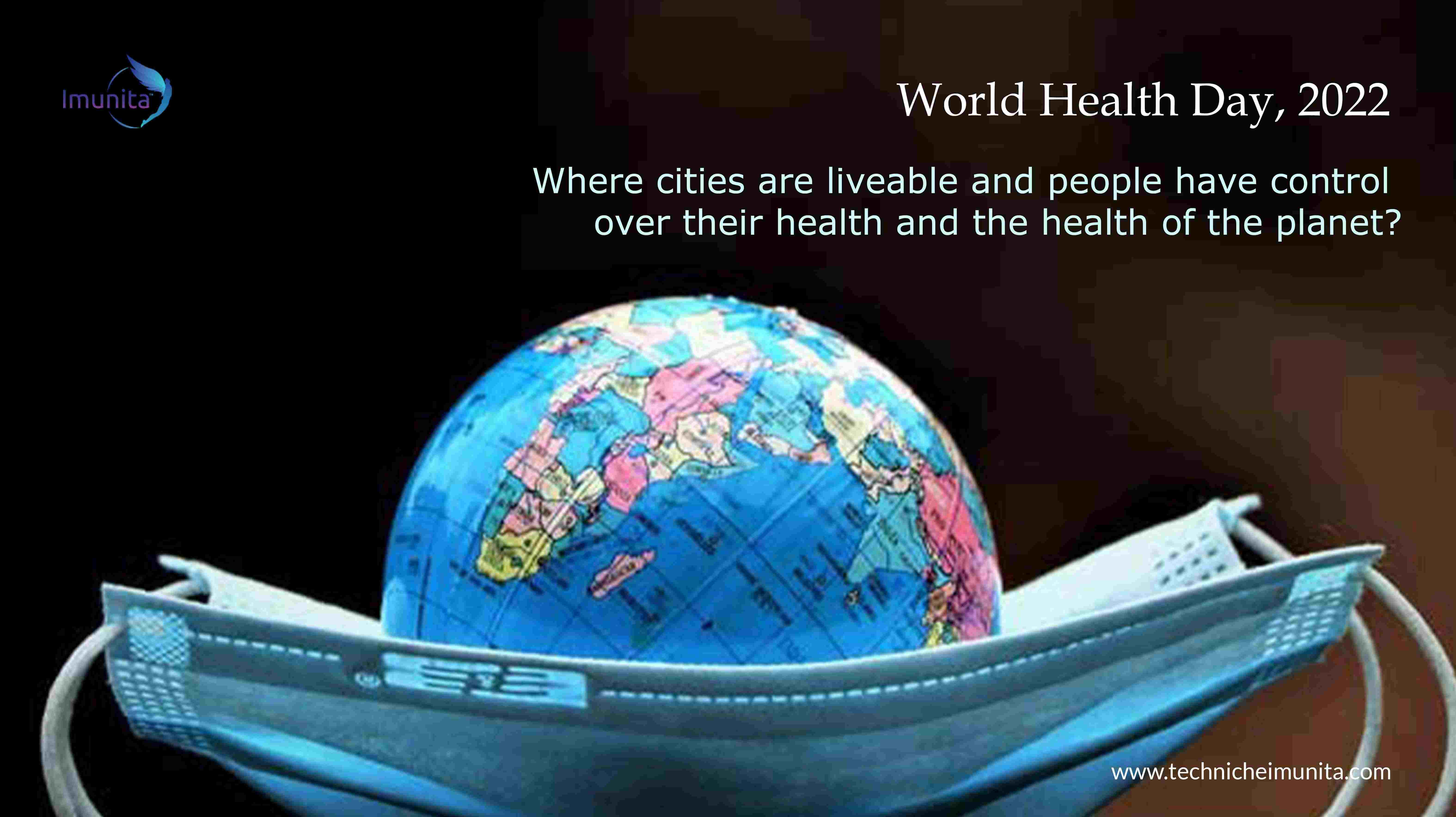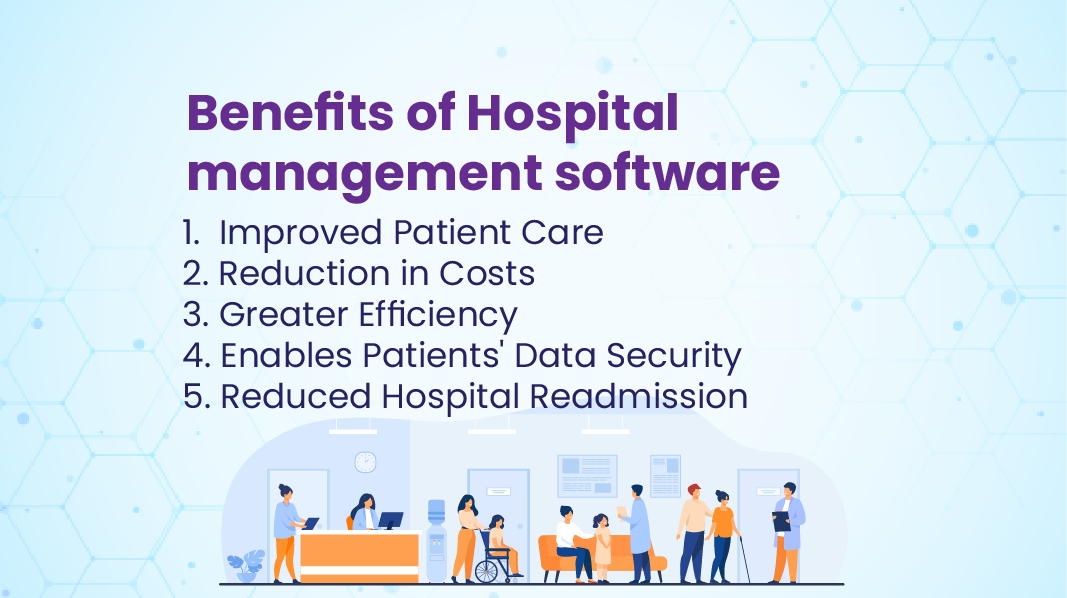Never in the dreams had we imagined the crisis of such a huge magnitude that would strike the world. As the world is fighting the deadly virus the entire world has come to a standstill with only essential services are continuing.
Amid the crisis the hospitals and healthcare centers have emerged as the battlegrounds with medical staff as the warriors to fight the highly infective virus. But are these battlegrounds safe to handle the crisis? Generally, when a disaster strikes we are prepared to fight that disaster but are not prepared to handle if a dual disaster strikes. In current scenario hospitals worldwide are handling the most infectious virus but what if fire like emergency strikes such as infectious hospitals. Are the warriors duly trained to overcome dual crises in case of emergencies?
The answer would be unanimously negative as we have never presumed such scenarios as we are already overburdened while handling the current crisis. In most regions of the world specialized COVID 19 hospitals are set up whereas in some regions there are special wards for COVID 19 patients in the same hospitals where other normal patients are treated. On one hand, best quality PPEs are provided to the staff of the hospital to stop the spread of the disease and on the other hand, hospitals are focused on practicing best aseptic techniques to stop the spread of this disease. Hospitals are so focused on dealing with the increasing number of infected patients, and the death rate of COVID19 patients that chances of other calamities are neglected by the hospitals. Recently there were cases of earthquakes observed in many countries, though it didn’t cause fatal loss. If such emergency conditions are considered to occur in infectious disease pandemic situations then separate emergency rescue plans are required to overcome. Current emergency rescue plans are insufficient to deal with dual crises as such scenarios are not defined adequately.
Hospitals are very well aware of the fact that COVID 19 is a highly contagious disease the local help services like police, fire brigade and army are not trained for the same, hence rescuing these patients during other emergencies like earthquakes, fire, flood, etc. without spreading the disease can be a huge challenge for the concerned authorities. The hospitals should also consider that lifesaving materials like PPEs that are being used as a protective shield for the workers and the patients can act as a life taking factor and cause a higher number of fatalities as they are highly combustible in case of fire emergencies. The question now arises even are competent authorities are incompetent if dual emergencies arise as we fail to have a holistic pandemic preparedness plan in place.
Many experts over the world now are assertive that such pandemics will be occurring over the period and this COVID 19 would not be the last one. Therefore considering the next pandemic is imminent and the current pandemic will be lasting for quite a long duration we must be prepared to deal with another emergency in the hospital set up. In the absence of serious efforts and preparedness for dual disaster, it can cause immeasurable loss to life and property. Maintaining a state of perpetual pandemic preparedness along with readiness for an emergency is not an option but a requisite step required to be drafted by the authorities.
The countries world over must have a national pandemic preparedness plan which anticipates such dual scenarios that are specific to a geographical location or widespread over a wide geographical region. These can be important resources required to maintain by the authorities which can be modified in the context of experiences and depending upon the gaps identified in the COVID-19 pandemic. Accordingly, anticipated technological advances in the emergency rescue plan can be implemented as per necessity in the immediate future.
Considering the situation like the wars, simulation exercises for different scenarios are regularly undertaken so that various operations and readiness of the system are validated and continuous improvements in terms of quality and safety are implemented, similarly, it is need of the hour that the dual crises must be simulated beforehand and based on the exercises modifications can be implemented whenever real-life situation arises. This can help us in establishing a near-perfect system to combat situations of dual emergencies whenever they arise.









